Theodor Herzl
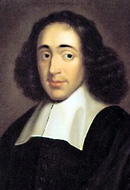 Secularism and Its Discontents
Secularism and Its DiscontentsThursday, May 30, 2013 by Yehudah Mirsky | Jewish Ideas Daily » Daily Features
In an essay first published December 17, 2010, Yehudah Mirsky examines a defense of Jewish secularism and finds it—and Jewish secularism itself—wanting.
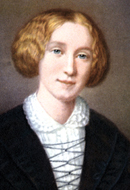 Zionism Before Herzl
Zionism Before HerzlMonday, April 22, 2013 by Erika Dreifus | Jewish Ideas Daily » Daily Features
In 1876, 21 years before Herzl convened the First Zionist Congress, a non-Jewish woman, writing for an English audience, published a novel with a powerful Zionist message. She went by the name of George Eliot.
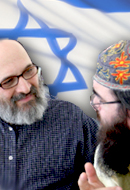 Who’s Sadat? Or, Defining Israel Literacy Upward
Who’s Sadat? Or, Defining Israel Literacy UpwardMonday, March 4, 2013 by David B. Starr | Jewish Ideas Daily » Daily Features
American Jewry is becoming less and less well informed about Zionism and Israel. Can anything be done to reverse this decline?
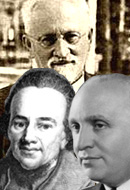 Where Does the Modern Period of Jewish History Begin?
Where Does the Modern Period of Jewish History Begin?Friday, January 18, 2013 by Michael A. Meyer | Jewish Ideas Daily » Daily Features
In this classic 1975 Judaism article, Michael Meyer argues that there is no value in "setting a definite terminus for the beginning of modern Jewish history."
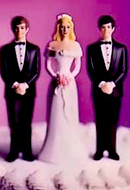 The “Married to another Man” Story
The “Married to another Man” StoryFriday, October 12, 2012 by Shai Afsai | Jewish Ideas Daily » Daily Features
In the introduction to his popular and influential history of the Arab-Israeli conflict, The Iron Wall, Oxford professor Avi Shlaim tells this story: "The publication of [Herzl's] The Jewish State evoked various reactions in the Jewish community, some strongly favorable, some hostile, and some skeptical . . ."
 Strategic Investment in Israel’s New War
Strategic Investment in Israel’s New WarWednesday, October 10, 2012 by Ronen Shoval | Jewish Ideas Daily » Daily Features
Foreign governments, acting thoughtfully and strategically, fund dozens of non-governmental organizations (NGOs) that form a flourishing anti-Israel movement within Israel itself.
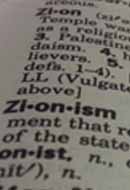 Neologism and Nationalism
Neologism and NationalismThursday, August 30, 2012 by Alex Joffe | Jewish Ideas Daily » Daily Features
There has never been agreement about Zionism. Not only is the idea of Jewish nationalism controversial, the very word “Zionism” arouses unique passions, as a recent controversy highlights.
Editors' Picks
Herzl's New Judaism Daphne Netanyahu, Jerusalem Post. "Zionism is our return to Judaism," wrote Theodor Herzl, "which must occur before we can return to the Land of the Jews."
Star and Stripes Michael Freund, Jerusalem Post. Theodor Herzl had proposed a white banner with gold stars as the Zionist flag. But David Wolfssohn disagreed: "The tallit with which we wrap ourselves when we pray: That is our symbol."
Herzl House Aviva Bar-Am, Shmuel Bar-Am, Times of Israel. Situated in the JNF’s first forest, Herzl House was built as a memorial to the Zionist founder; but when Arab rioters murdered Jews in 1929, it served as a sanctuary for the next generation’s pioneers.

